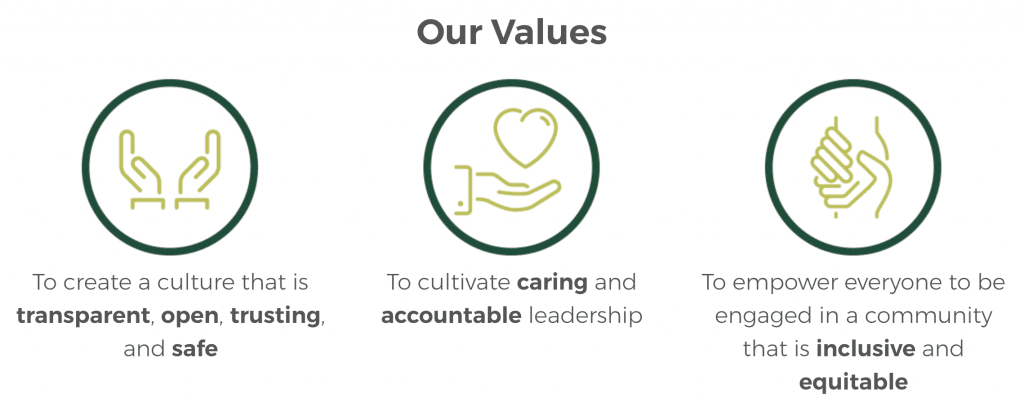One year ago today, Rachael Denhollander addressed the Ingham County court in Michigan, her abuser, and the institutions that failed to protect her and her #SisterSurvivors.
Listen again to part of what she said on January 24, 2018:
This is what it looks like when institutions create a culture where a predator can flourish unafraid and unabated and this is what it looks like when people in authority refuse to listen, put friendships in front of the truth, fail to create or enforce proper policy, and fail to hold enablers accountable.
These words have animated the work we have undertaken over the past year here in the College of Arts & Letters at Michigan State University as we have sought to live up to the expectations of care and accountability we have set for ourselves.
Rachael Denhollander’s testimony is insistent. It requires each of us to consider how our actions or inactions enable harm, how we fail to adequately listen, and how we fall short in practice of the values we hold most dear.
In the wake of this testimony, the Michigan State University Deans gathered to identify and commit ourselves to a set of core values we have sought to integrate intentionally into our leadership practices over the past year.

As we wrote in an essay in Inside Higher Education last July, we must avoid the temptation to put this sexual abuse scandal behind us; rather, we must keep it in front of us:
Keeping the crisis in front of us requires us to acknowledge that the very institutions created to transform individuals and communities through education can easily be derailed by self-interest, insecurity and competition. Academe is called to cultivate institutional habits of truth telling and truth hearing, critical self-reflection, and accountability. We must consciously and intentionally empower those habits on our campuses to meet that calling.
When we speak about creating a “culture of care” in the College of Arts & Letters, we mean to put these values and this commitment into practice through habits of conscientious attentiveness. This is a core meaning of care: to attend conscientiously to those we encounter each day. Attending to one another in this way opens the space for each member of our community to flourish in their work. To flourish one must be able to develop one’s full potential in a favorable environment, and practices of care nurture such environments.
Care is the intentional practice of attentive conscientiousness.
As Xhercis Méndez, Co-Founder of the Transformative Justice Lansing Collective, suggests in this video, it is imperative that we at MSU address the conditions that enable abuse and prevent human flourishing.
As MSU continues to undertake the difficult culture change that is required, it is important to keep in mind what my colleague Sonja Fritzsche, Associate Dean of Personnel, Administration & Undergraduate Education, emphasizes:
It is not the needs of the institution that are foremost, but those of the people who inhabit it. Over the past year, faculty, staff, students, and administrators in our units and in the College of Arts & Letters Dean’s office have engaged in creating safe spaces in our places of work where we can practice listening. We are building the foundations for a culture of care.
Addressing the conditions that enable abuse is possible only if, as Rachael Denhollander reminds us, we listen. And in listening, we must be willing to hear and believe and act.
The culture of care we need requires us to enact the values to which we are committed in each interaction we have in the unpredictable course of our daily lives.
Ribbon and Tree photo by Pearl Yee Wong.


One Comment